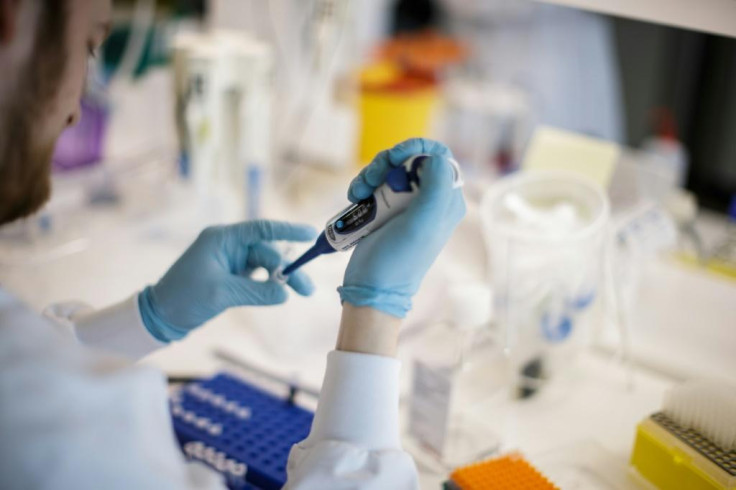Coronavirus: AstraZeneca begins phase III trials for AZD1222 vaccine with help of the US
AstraZeneca is developing the coronavirus vaccine with the help of experts from the University of Oxford.
The last time people heard from AstraZeneca was early last month when it was in the process of recruiting volunteers for its coronavirus vaccine experiments. Shortly thereafter, the British government with the National Health Service (NHS) announced an overwhelming number of people who have signed up for clinical trials. It appears their willingness to help was exactly what the researchers hoped for as phase III of testing has officially begun. Depending on the outcome of this massive undertaking, the availability of the jab might be earlier than what was projected.
Before it could proceed to the final stages of its COVID-19 inoculation study, the biotech firm needed 30,000 healthy subjects. The pool of individuals should also be diverse enough to include varying age groups and race. This is a requirement in order for scientists to determine if certain genetic traits might have some adverse reactions to vaccination. So far, it seems that the criteria were met as trails have been greenlit by regulators.
AstraZeneca is developing the coronavirus vaccine with the help of experts from the University of Oxford. The jab – identified as AZD1222 – is one of many that received funding from the U.S. government's Operation Warp Speed initiative. This public-private partnership hopes to provide resources needed to fast-track the development, production, and distribution of drugs that can potentially end the pandemic.
"We've been able to find ways to save time when going through all the normal processes," stated University of Oxford professor of vaccinology Sarah Gilbert. "We've worked with the regulators and ethical committee to minimise the time it takes to get to approval, but the approval is still the full approval – it's not missing anything," she said as reported by the Independent.

Normally, the research, development, and testing phased for vaccines can take several years. However, given the unique circumstances brought about by SARS-CoV2, the medical community was forced to accelerate the process. Results from the first two phases of trials were reportedly safe with no alarming side effects. Moreover, they observed a strong immune response in human subjects. The third phase of trials will see volunteers given two doses of ADZ1222 in a span of four weeks.
© Copyright IBTimes 2025. All rights reserved.





















